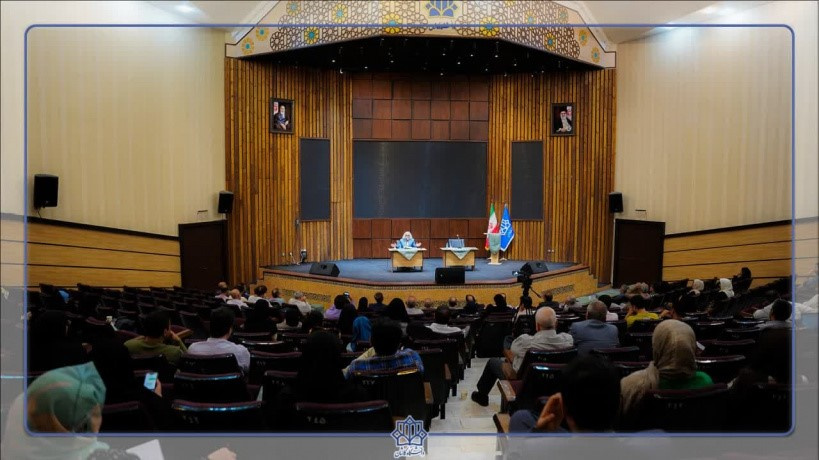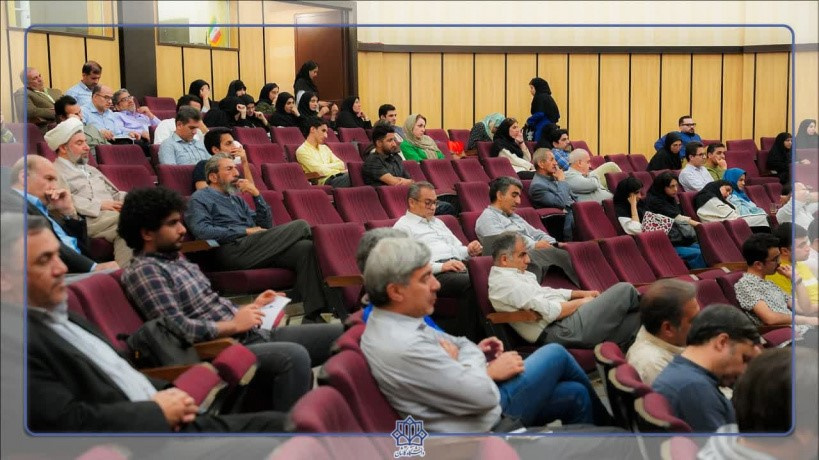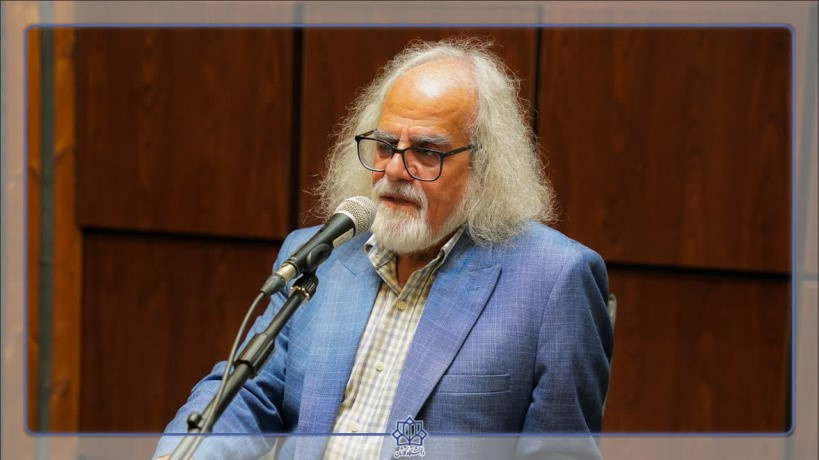The University: A Place for Belief Without Bigotry
An excerpt from a lecture by Professor Mostafa Malekian (philosopher, translator, and university professor) titled “The University: A Place for Belief Without Bigotry” at Kashan University:
“Every institution in society is established with the goal of advancing humanity’s ideals—so that citizens can move closer to human aspirations. Every profession and vocation, from the police force that promotes security to other sectors, aims to fulfill a specific human ideal.”
Professor Malekian emphasized that the university is an institution dedicated to realizing one of the three fundamental ideals of humanity—truth, goodness, and beauty—with a particular focus on truth and knowledge. Unlike institutions such as the police or the judiciary, which are tasked with safeguarding security or justice, the mission of the university is the pursuit of truth. This mission, he noted, requires nurturing beliefs free from dogmatism and prejudice.
The Dangers of Dogmatism and Bigotry
Professor Malekian explained that human beings have a natural tendency to assume that their own beliefs are true while considering others’ beliefs false—often without justification. This inclination gives rise to intellectual pitfalls such as prejudice, dogmatism, bias, aversion to reasoning, wishful thinking, and superstition. Dogmatism occurs when a person claims, “A is B, and it is impossible for it to be otherwise,” while bigotry arises when a person accepts a belief solely because it was stated by a particular individual, not on the basis of evidence or reasoning.
Three Arguments Against Bigotry and Dogmatism
- Ethical Argument: The pursuit of truth is a moral obligation. Expressing dogmatic or prejudiced beliefs creates a contradiction between one’s belief and one’s words, reflecting a lack of honesty and thus being unethical.
- Human Welfare Argument: Such beliefs undermine social trust and foster an atomized society where individuals distrust one another and are more vulnerable to the domination of powerful forces.
- Functional Failure: In today’s world, where people are exposed to diverse lifestyles, abundant information sources, and wide-ranging choices, it is no longer possible to impose closed, monolithic thinking. The modern individual is discerning and questioning, and will not accept dogmatism or bigotry.
The Role of the University
To guard against these dangers, Professor Malekian stated that the university must:
- Avoid ideological bias and foster continuous dialogue and inquiry rather than “Cloture.”
- Present all viewpoints without censorship; just as understanding microbes transformed our way of life, understanding diverse ideas must influence culture.
- Present ideas in their full strength and reasoning, while avoiding the “straw man” fallacy.
- Examine not only the strengths but also the weaknesses of ideas.
- Encourage truth-seeking scholars to acknowledge their limitations and refrain from pretending to know everything.
Conclusion
Professor Malekian concluded that a university fulfills its mission only when beliefs can grow in an environment of freedom, fairness, and intellectual courage. The pursuit of truth requires a space free from bigotry, dogmatism, and ideological rigidity. Dogmatic belief, he emphasized, is neither ethical, nor beneficial to humanity, nor capable of thriving in today’s world.








Your Comment :